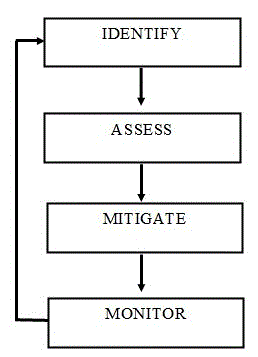Political risk assessment needs to be done early. This helps avoid a situation in which political judgements are rolled out in support of decisions already taken on other grounds. The importance of the latter point is worth emphasising.
Once a proposed investment reaches a certain stage in many firms, few managers are capable of responding positively to an dispassionate assessment. This is because no-one wants to hear about the risks. Such talk threatens the bonuses of the "dealmakers" and could potentially embarrass a senior management that is already deeply committed to the project.
In such instances there is a tendency for managers to fall back upon comforting generalisations that are at best half truths. A particular favourite is the idea that the government agency the investor has negotiated with will not renege on the dela because to do so would undermine the faith of future investors. Yet while the argument sounds reasonable enough, history shows that foreign investors considering fresh investments do not always respond in such a way. Instead, multinational corporations are just as likely to accept official explanations that a foreign investor's unpleasant experience was a "one off" resulting from the special circumstances of the case. This reaction seems particularly true when the country concerned is widely regarded as offering attractive business opportunities.
In the mid-1990s, for example, Indonesia announced a national car policy so blatantly biased in favour of well-connected individuals that the Asia-Pacific head of one Us multinational was quoted as saying: "We would think much harder about doing business in Indonesia now". Yet foreign investment in the country continued to climb. Foreign investors did not begin to avoid Indonesia in significant numbers until the regional financial meltdown of 1997/98.

